

|
|
|


|
|
1/10 Scale Nitro Buggy:
Academy Velox-XB - 1598 - Radio Controlled ModelHistory and Info:
Introduced by Academy Racing Team circa 2004, the 4WD Velox-XB RTR Buggy - # 1598 - came with an XT15S engine and radio system.
▼ Scroll Down for More Images ▼
|
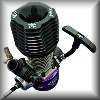
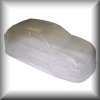
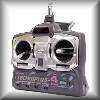
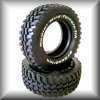
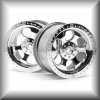
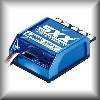
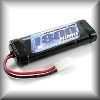
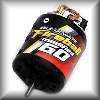
|
|
|

★ Academy Velox-XB Chassis ★
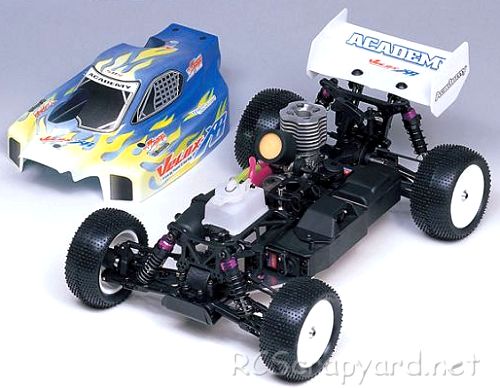
★ Academy Velox-XB Chassis ★
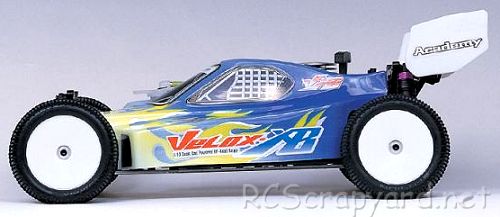
★ Academy Velox-XB Chassis ★
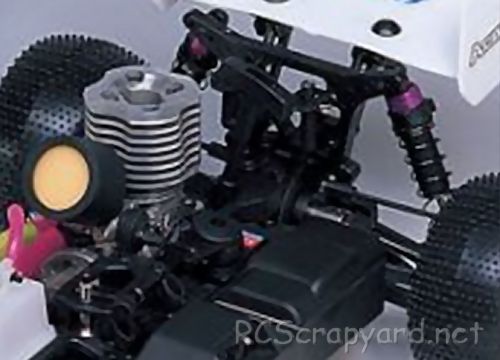
★ Academy Velox-XB Chassis ★
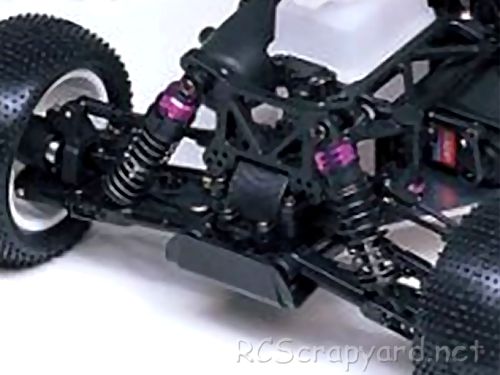
|
Buying a Used Academy Velox-XB
|
|
Manufacturers and Brands Catalogued, Listed and Reviewed by RC-Scrapyard.
At present, the RC Model Manufacturers, Brands and Distributors covered by us are: ABC Hobby, Academy, Acme Racing, Agama Racing, Amewi, Ansmann Racing, ARRMA, Team Associated, Atomic RC, Axial, AYK, Bolink, BSD Racing, Capricorn, Carisma, Carson, Caster Racing, Cen, Corally, Custom Works, Durango, Duratrax, ECX - Electrix, Exceed RC, FG Modellsport, FS-Racing, FTX, Fujimi, Gmade, GS-Racing, Harm, HBX, Helion, Heng Long, Himoto Racing, Hirobo, Hitari, Hobao, Hong-Nor, Hot Bodies, HPI, HSP, Intech, Integy, Jamara, JQ Products, Kawada, Kyosho, Losi, LRP, Maisto, Mardave, Marui, Maverick, MCD Racing, Megatech, Mugen, New Bright, Nichimo, Nikko, Nkok, Ofna, Pro-Pulse, Protech, PTI, RC4WD, Redcat Racing, RJ-Speed, Robitronic, Schumacher, Seben, Serpent, Smartech, Sportwerks, Step-Up, Tamiya, Team-C Racing, Team Magic, Thunder Tiger, Tomy, Top Racing, Traxxas, Trinity, Tyco, Vaterra RC, Venom, VRX Racing, WLToys, X-Factory, Xmods, Xpress, Xray, XTM, Yankee RC, Yokomo, ZD Racing and Zipzaps. |
|
Hints, Tips and Information
Glow Plugs for Nitro Engines
Nitro Engines for RC Models use a system to ignite the fuel mixture that simply employs a wire coil in a small housing called a Glow Plug. To start the engine, a battery powered Starter, or Glow Igniter, is connected to the Glow Plug and electric current heats the coil to white hot, so that when you pull start your engine, the air - fuel mixture in the cylinder is ignited. With the engine now running, the starter is no longer required. Heat generated under compression is enough to keep the coil element hot enough to keep the engine running.
|
|
Hints, Tips and Information
Preparing your New Nitro Engine
1/ New RC Gas Engines need running or "breaking" in before being used competitively. 2 or 3 tanks of fuel are usually enough, but don't over rev the engine and try to keep it cool, below 160 degrees F (71 degrees C) |
|
RC Models:
|
Radio & Motors: |
Other
Accessories: |